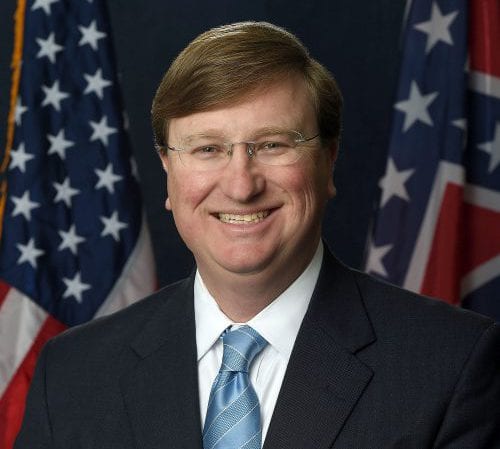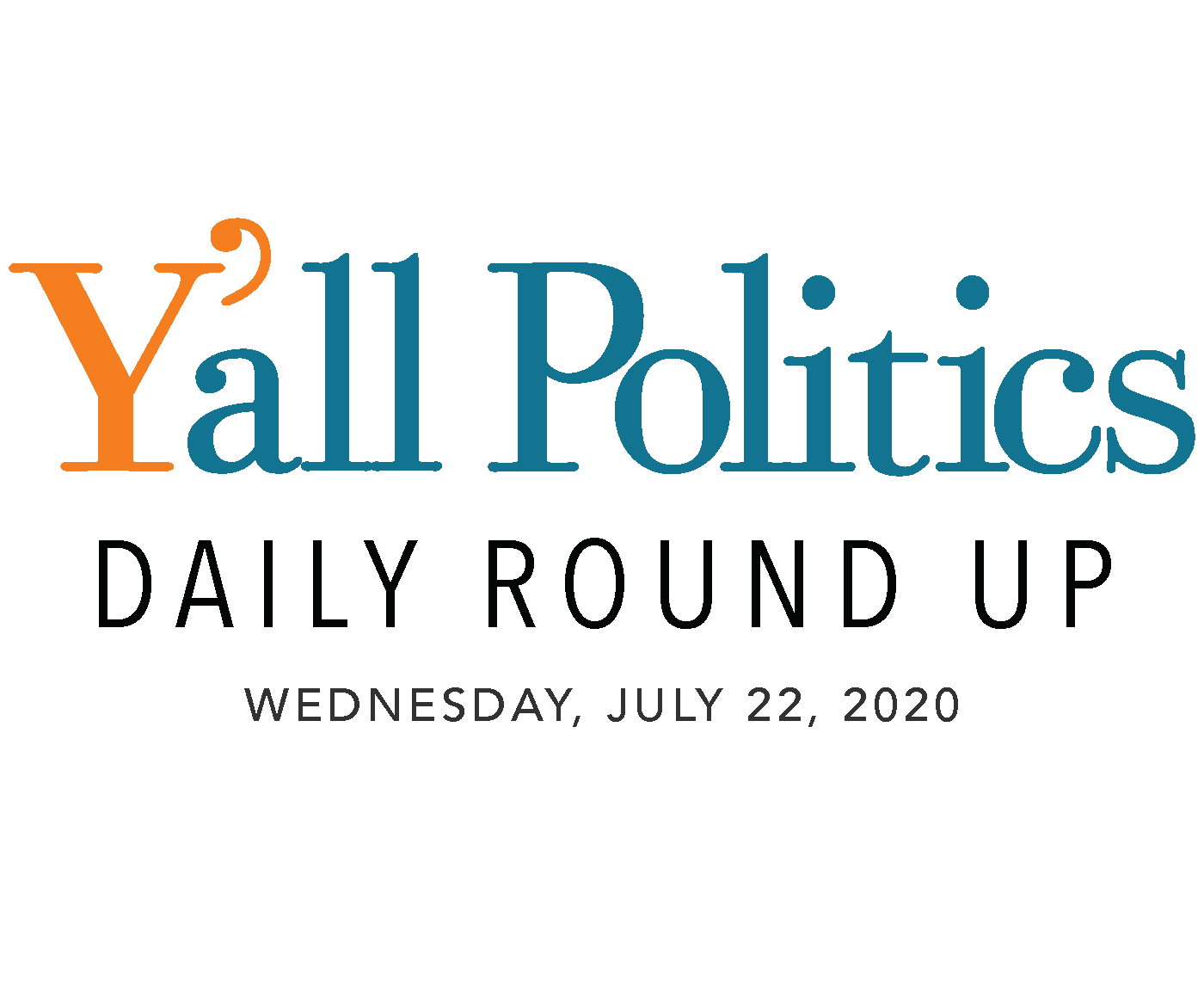
Studio portrait of Sid Salter. (photo by Beth Wynn / © Mississippi State University)
By: Sid Salter
I have a huge old six-gallon glass water bottle that I inherited from my father. I use it for the same purpose that he did – as a container for pennies.
Our grandchildren are fascinated by the large glass bottle containing my treasure much as I was over a half-century ago when watching my dad’s stash grow. Nix, the youngest grandson, peered at the container and exclaimed recently: “You are rich!”
The appropriate word would more likely be “frugal.” I still pick up coins on the street. It’s a habit my father taught me about how pennies grow into dollars. But my old penny stash is looking better and better these days, even though all our grands have at some point tried to stake their claims to it.
The COVID-19 virus has produced all manner of strange behavior among our fellow Americans, not the least of which is the hoarding or at least the declining circulation of coins and paper money. The Federal Reserve estimates that there should be about $48 billion in coinage alone in circulation.
But that’s the trouble, the coins aren’t circulating as they normally would. According to experts, some fear catching the virus from touching coins or bills. While that may be remotely possible, University of Washington Professor Marilyn Roberts recently wrote: “I’m a professor of environmental and occupational health sciences and global health, and I believe that we don’t need to worry about money as much as some might believe.
“Recent articles indicate that some microbes, including COVID-19, are unlikely to spread through contaminated surfaces such as cash. The only potential way to acquire COVID-19 from a contaminated surface is to get the virus on your hands and then touch your mouth, eyes or nose,” Roberts said in a May 21 academic article.
That’s not to say the money isn’t, for lack of a more accurate term, dirty. It is. In 2017, the research journal PLOS ONE published a study by six scientists who swabbed $1 bills from a New York City bank and found “hundreds of species of microorganisms” along with other bacteria, microbes, and viruses. They also found traces of cocaine.
So, in the throes of fears of COVID-19, we are hoarding and avoiding the use of cash, which is making it tougher and tougher for small businesses to do business and make change. Due to both of those issues, many consumers are switching to the use of debit and credit cards. Is that a safer alternative?
Professor Roberts wrote: “There is little evidence that eliminating the use of cash would make a difference in the spread of COVID-19, nor do we have data to support that this virus may be easily transmitted by any type of contaminated surface.
So, if cash is kind of a moot point in the COVID-19 pandemic beyond the nuisance caused by hoarding and the sharp circulation decline, are there other factors contributing to the shortage?
In 2018, the U.S. Mint told Congress that it costs $2.06 to make and circulate a penny. The 2018 report from the mint explained that the actual per penny production cost is $1.78 cents, administrative costs are 25 cents, and per penny distribution to Federal Reserve banks costs 0.03 cents. In 2019, the U.S. Mint made 7.04 billion pennies, costing taxpayers $145 million.
Another fact to consider while worrying about COVID-19 and the government is that American consumers mostly rejected the $1 coin because people didn’t want them or use them. They liked $1 bills. The U.S. Government General Accounting Office reported in 2013 that the Federal Reserve had stockpiled some $1.4 billion in $1 coins.
My grandchildren covet my penny stash and I overhear them arguing among themselves over who will get it and what happens if I have less time to accrue more pennies. They have grasped that old guys have a harder time seeing and bending over to pick up pennies as they age.
And, the middle and younger kids argue that the older kids will get more than they will basically because of inflation and the future value of money.
I laugh and keep walking. My plan to teach the little ankle biters about money is working, just as it worked for my dad.









